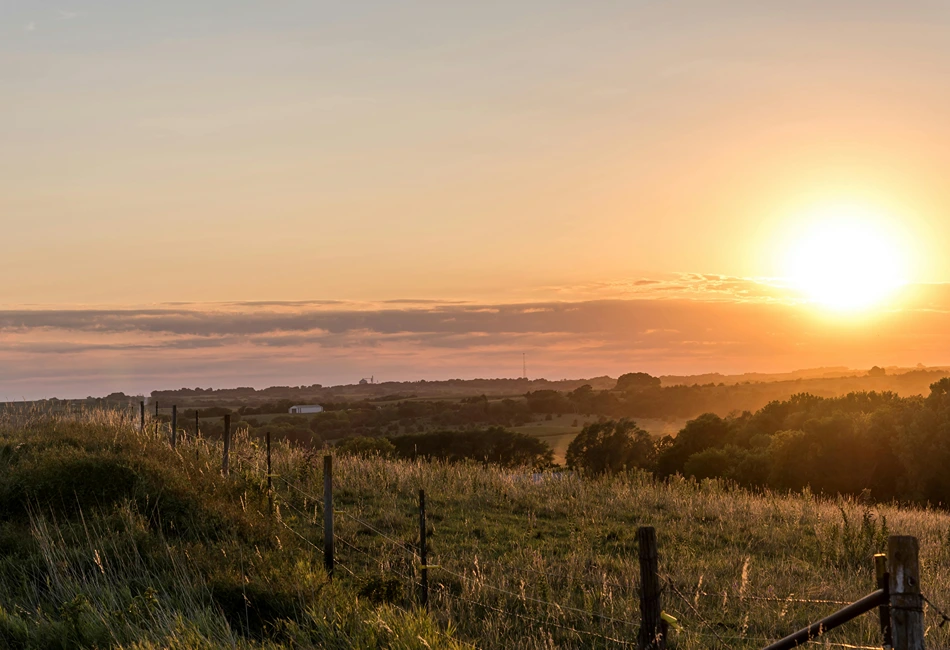Outdoorsy families that love to camp and boat are aware of common safety tips — don’t carry large amounts of cash or drink the water. Carry proper identification at all times and note the location and contact information of safety personnel near your destination, including the police department, fire station and hospital. With those safety tips in mind, the following vacationing recommendations will also ensure your family’s wellbeing.
Boating Safety
If your kids are old enough to safely operate a boat, then your family’s overall safety improves. BoaterExam.com is an excellent resource for individuals who are going out on the water and want to learn more about safe boater education and courses. Families who own boats or frequently rent them while on vacation should try to have every member in the family obtain a boating license or certification. Properly trained teens who can operate a watercraft is a reassurance, especially during an emergency. If an adult is injured or overcome by illness, the youth will be able to safely return the family to shore for help.
Personal & Contact Information
During an unexpected accident on the water, the first thing people have trouble locating is their identification. Wear swimwear equipped with pockets so you can securely carry and easily access proper identification. Otherwise, store a copy of your identification and contact information inside a small waterproof bottle. Secure the bottle to a visible, easily accessible spot while you are out boating.
First Aid Skills
If someone gets cut from slipping off the boat ladder, for instance, knowing how to clean and dress a wound prevents infection — and keeps the fun going. Keep a well-equipped first aid kit on board during the excursion, and make sure every family member knows how to use its contents. A first aid kit should contain bandages, gauze, surgical tape, triple antibiotic ointment, scissors, pain relievers (aspirin or Tylenol), and Band-Aids.
Swimming & Floating Techniques
Don’t even think about playing in the water or operating a watercraft without storing proper emergency flotation devices and ensuring everyone can swim. Expose your young children to water and teach proper swimming and floating techniques before engaging in any water-related activity. Whether you teach your kids to swim yourself or enroll them in swimming classes, knowing how to swim is a necessary life skill.
Road Tripping
Maintain safe driving practices to and from your campsite and the lake. Always keep your car’s gas tank at least one-quarter full. Getting lost will put more miles than expected on your vehicle and dramatically cut your fuel supply. Check your gas gauge often.
Plan your road trip so that you take main highways and avoid unmarked roads. Then you can rely on following popular landmarks if you get lost. Also, your vehicle will be easier to spot if you break down or get into an accident.
Keep your family in well-lit, well-traveled areas. You’re more susceptible to losing concentration and control while driving on dark and desolate roads. In the event of an emergency, it’s also harder to describe surroundings to emergency crews in an unknown and unmarked location. According to Michigan.gov, over 30 percent of all crashes involving young drivers occur after dark. Traveling with daylight helps mitigate threats and risks.





